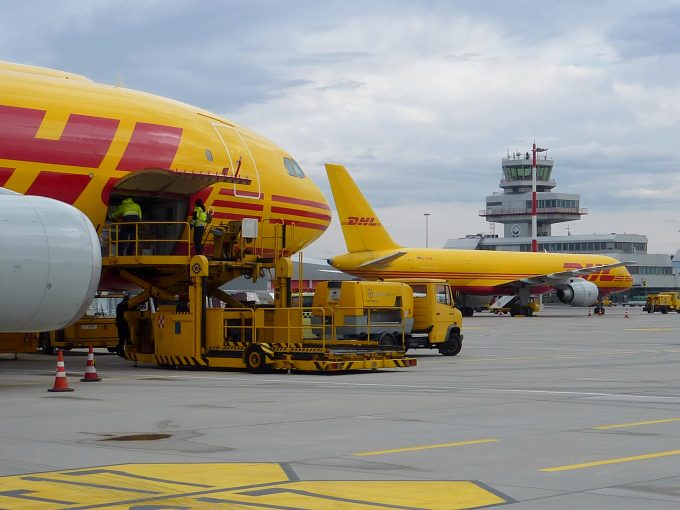Analysis: DHL Group – the bulls and bears take to the stage
If it’s a headwind, perhaps you’re walking the wrong way

The rising cost of moving freight and the drive to decarbonise and digitalise supply chains will see many freight forwarders leave the market or consolidate into larger entities, said DP-DHL today.
DP-DHL board member Tim Scharwath told The Loadstar today that when the effects of external factors ...

Comment on this article
Dan March
May 27, 2022 at 11:07 amHere we go again. DHL have predicted the demise of the independent forwarder many times before.
In fact, Mr Scharwath should take a look at the crystal ball work of previous DHL GF CEO, Hermann Ude, 13 years ago in 2009 as seen here:
http://www.aircargonews.net/uncategorized/small-freight-forwarders-will-just-disappear/
I’m not sure things worked out quite as he predicted.
A couple of points for Mr Scharwath to consider. He states that “Customers are moving away from just looking at price”. This is perfect for SME forwarders as they have always competed on service rather than price. It is the very fact that mutinational forwarders offer poor service to SME and regional sized customers that the independent sector continues to thrive.
In terms of new technology, an increasing number of SME forwrders are already well established in the digitisation process and are offering a wide range of tools and information for their customers, including sophisticated digital pricing/rates and even advanced emissions calculators and offsetting tools.
The truth is that smaller fowarders can adapt to the changing logistics environment in a far more nimble and customer-focussed manner than bigger organisations.
There are, of course, difficult and exciting challenges ahead for both multinational and SME forwarders and each have their particular skills and value.
However, it can only be a further advantage to the independent sector if Mr Scharwath believes most SME forwarders are sitting on their sofas by a fax machine waiting for an RFQ to come in.